My methods for food preservation at home
Hello friends, it's a pleasure to participate in this contest, because it's really important to make people know how to preserve food and to know the different ways of each of us.
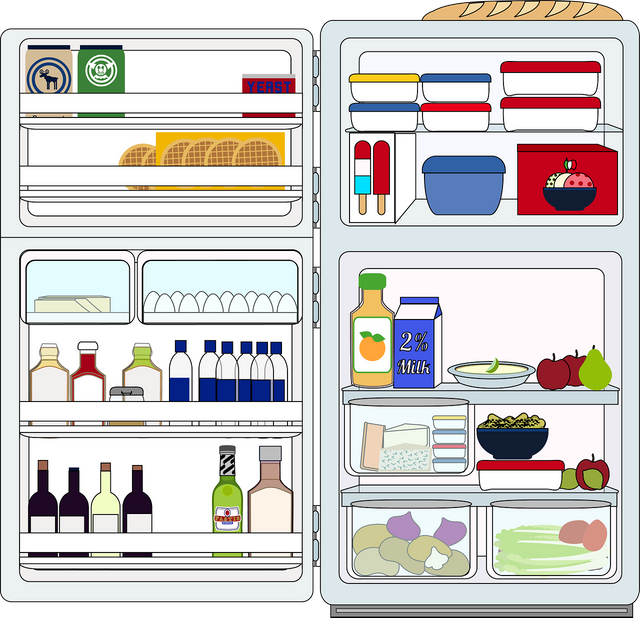
Foto di Nina Garman da Pixabay
1.- What are the most used preservation methods at home (refrigeration, freezing, dehydration, pasteurization, maceration, salting, vacuum packing, pickling and others)?
2.- When you buy food, do you check the expiration date? What is the minimum expiration date for buying a food?
3.- How and for how long do you store leftovers from daily meals?
4.- What is your method for keeping vegetables fresh at home?
This is my post answering these interesting questions:
Cooking is fun but it is first and foremost a necessity. In Italy, where I live, eating out is expensive and not always safe, because not all professional chefs respect the hygiene and health rules for handling and preserving food. Cooking at home for yourself and your family can be enjoyable and also save a lot of money. However, it is important to pay attention to how we store food: the education we have received and the correct information that experts can provide us are fundamental.
Eating at home for us Italians is a pleasure, a moment of relaxation and socialization with family and friends, but it must not turn into a nightmare because we have consumed spoiled and poorly preserved food!
In my house we use the refrigeration and freezing methods. Before putting fruit and vegetables in the fridge or freezer, I wash and dry them carefully, to avoid bacterial contamination!
A little trick we use is to adjust the temperature of the refrigerator and freezer according to the season: summers here can be really hot, so we lower the temperature to avoid food spoiling too quickly. It is also essential to always make sure that the refrigerator and freezer doors are closed properly and avoid opening them too often or leaving them open for too long! I also clean the insides with water and vinegar every now and then to eliminate any stains, germs and bacteria.
It is very difficult to dehydrate food at home because there is too much humidity; we buy already dehydrated foods at the supermarket (such as legumes, soups, pasta) and we store them in their tightly closed plastic bags in a kitchen drawer that we keep dry and clean.
In the freezer I store fresh fish that I put in disposable plastic bags after gutting it and washing it with tap water; then I store washed and chopped garlic and onion in reusable plastic cans, so they are ready to use; I also put fresh meat, like fish, in the freezer, using disposable plastic bags; finally, sometimes, when I have vegetables in the fridge that are at risk of spoiling and that can be frozen (for example courgettes, aubergines, carrots), I cut them into cubes and put them in the freezer in reusable plastic bags, so they can be preserved a little longer.
In my family we have a fundamental rule: we buy fresh ingredients and in minimal quantities, which must be consumed in the shortest possible time. So we do not use overly complicated conservation methods to preserve food for months. I do not trust my abilities very much, I am not even very expert in other conservation methods (such as salting, vacuum packing, pickling etc.) and I am always afraid that toxic substances will be generated.
When we go shopping we always check the expiration date, but also whether the packaging and the food are intact. In fact, even at the supermarket we have to pay close attention to how the food has been treated and stored and it is not enough to look at the expiration date! The minimum limit obviously varies depending on the type of food. If we realize that we have a food at home that has expired, before throwing it away, we inform ourselves on the internet, we observe if there is mold or variations in color, smell, consistency and if it is still good, we consume it immediately. In any case, we try to buy little fresh food and to eat it in a short time and if it is dehydrated foods and flours, we try to consume those as soon as possible, to avoid the formation of mold or the proliferation of insects. If we have leftover food (which often happens, because we often cook more food than we can eat during a meal), I put the leftovers in reusable glass or hard plastic bowls and put them in the fridge for a maximum of 3 or 4 days.
Although both home and industrial food preservation methods are effective and useful for avoiding food waste and although it is important to know them and put them into practice, my advice is always to buy only the food you need and consume it as quickly as possible. In fact, food is made up of organic matter, which is always subject to deterioration, more or less quickly. I also remind you that freezing in the freezer does not stop the deterioration of food but simply slows it down; furthermore, the low temperatures of refrigerators and freezers do not sterilize food from germs and bacteria, as many people believe, so washing in clean water and then drying food (for fruit and vegetables I often use water and baking soda) is very important, for hygiene and also because humidity facilitates deterioration! I hope I have contributed in a useful way on this very important topic for our health and I thank whoever proposed it!
I invite the following to participate:
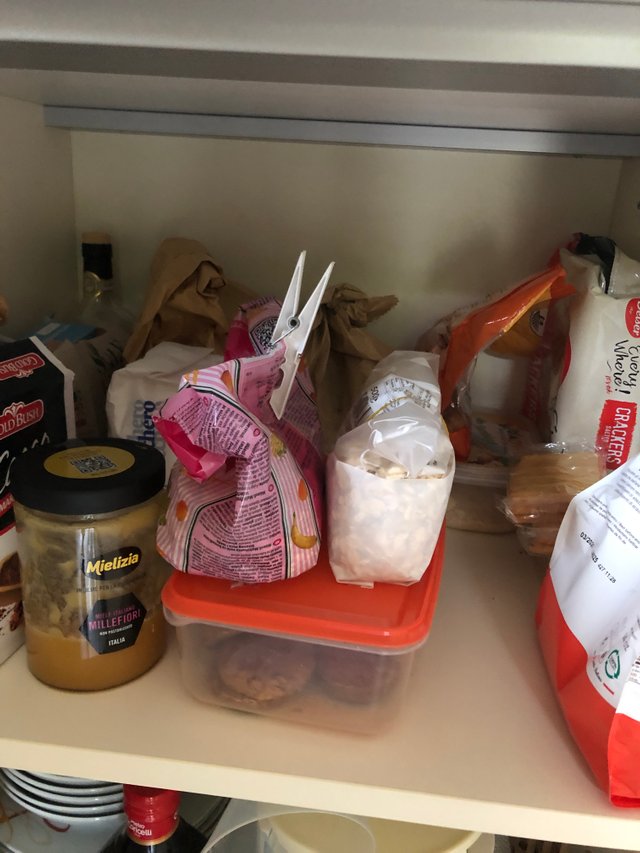
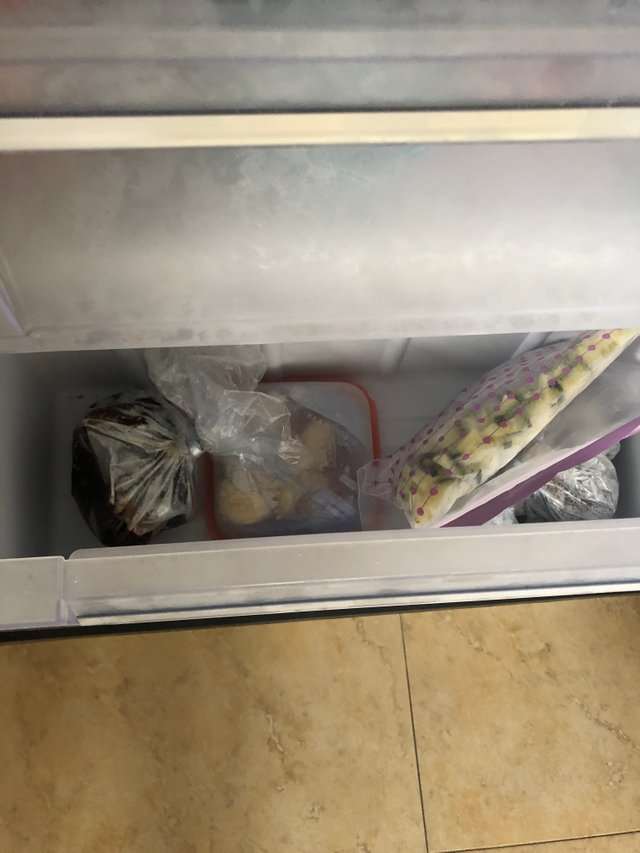
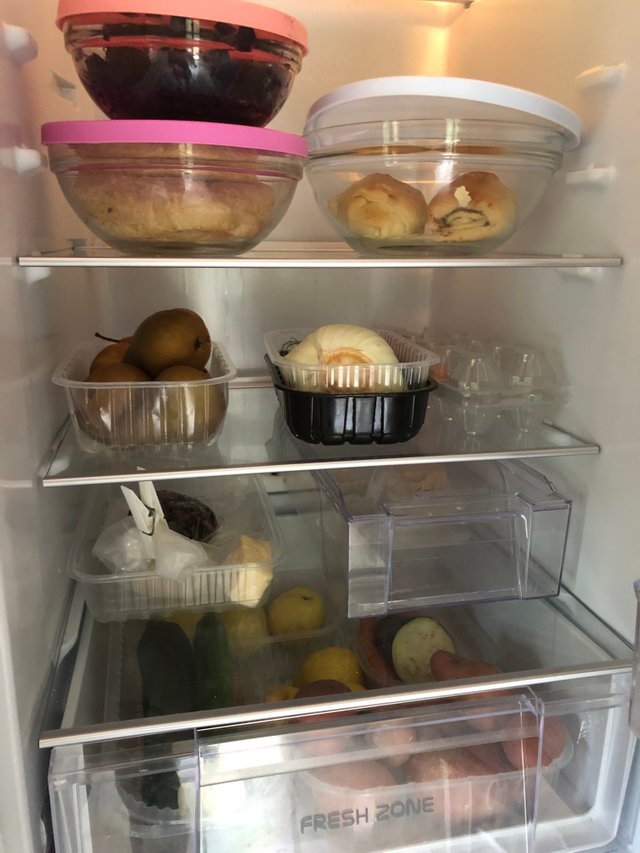
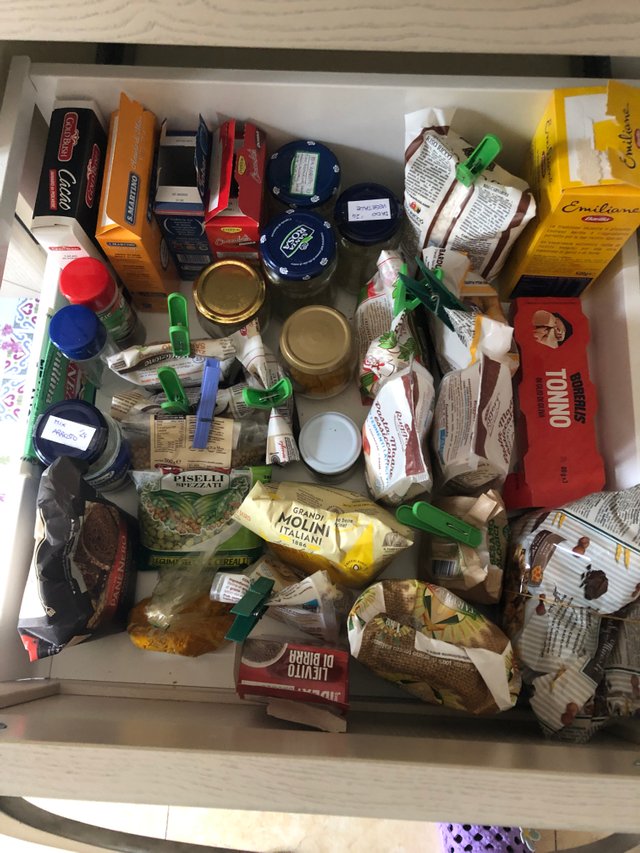
This post has been upvoted by @italygame witness curation trail
If you like our work and want to support us, please consider to approve our witness
Come and visit Italy Community
Sukses selalu untukmu teman, terima kasih undangannya ☺️
পোস্টটি পড়ে আমি সত্যিই মুগ্ধ হয়েছি। আপনার গৃহস্থালি খাদ্য সংরক্ষণের পদ্ধতিগুলি যেমন ফারমেন্টেশন, ভ্যাকুয়াম সিলিং এবং ক্যানিং—প্রতিটি পদ্ধতি আপনি সুস্পষ্টভাবে ব্যাখ্যা করেছেন। বিশেষ করে, ফারমেন্টেশনের মাধ্যমে প্রোবায়োটিক সমৃদ্ধ খাবার সংরক্ষণের উপায়টি স্বাস্থ্যসচেতনদের জন্য অত্যন্ত গুরুত্বপূর্ণ। আপনার অভিজ্ঞতা এবং জ্ঞান ভাগ করে নেওয়ার জন্য ধন্যবাদ, যা আমাদের সবাইকে খাদ্য অপচয় কমাতে এবং স্বাস্থ্যকর জীবনযাপন করতে অনুপ্রাণিত করবে। আপনার ভবিষ্যতের আরও পোস্টের অপেক্ষায় রইলাম!
আপনার মন্তব্যের জন্য অনেক ধন্যবাদ।